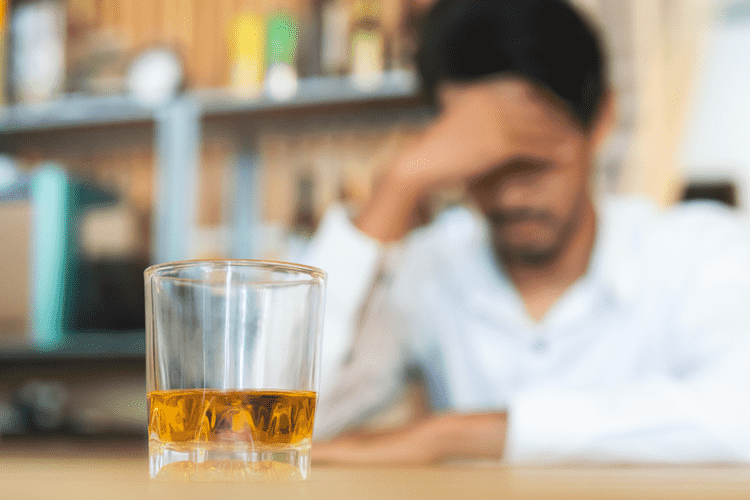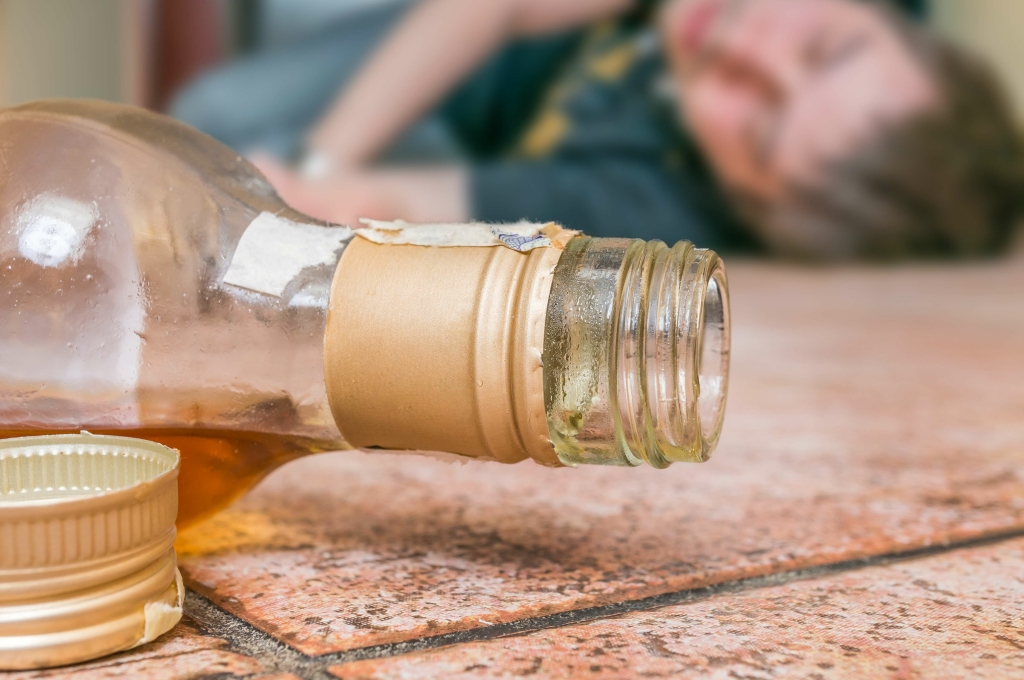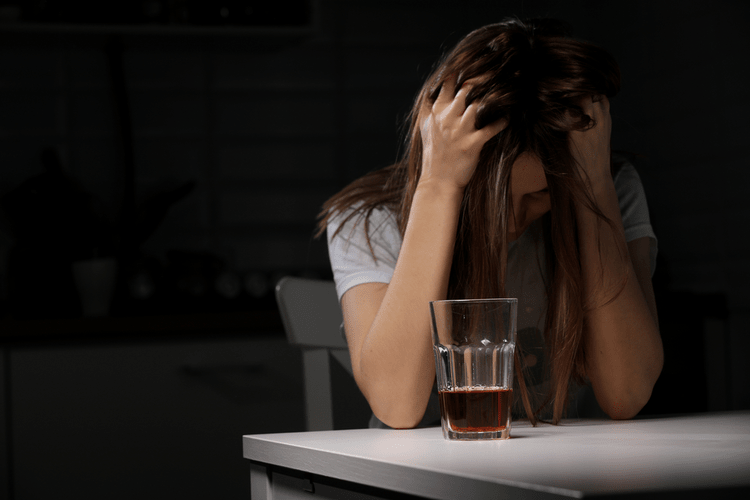Alcohol Use: Treatment for alcohol withdrawal
Just like any other medical condition, people with substance use disorders deserve to have a range of treatment options available to them. Scientists are working to develop a larger menu of pharmaceutical treatments that could be tailored to individual needs. Certain medications have been shown to effectively help people stop or reduce their drinking and avoid a return to drinking. The good news is that no matter how severe the problem may seem, most people with AUD can benefit from some form of treatment.
• Alcohol withdrawal syndrome with alcohol withdrawal seizures and/or delirium
If you’re experiencing withdrawal symptoms because you’ve tried to decrease your amount of alcohol intake, it’s advised that you undergo detoxification at a rehab center. Those experiencing withdrawal symptoms may discover that meditation can provide solace and benefit mental health. Meditation can help with stress relief at home but may also be part of a professional treatment program. The aim of the present paper was to review the evidence base for the history, diagnosis and management of the alcohol withdrawal syndrome (AWS), with a focus on role of benzodiazepines in AWS.
Treatment Overview
- The center’s treatment approach emphasizes creating personalized recovery paths.
- Some of the complications of withdrawal (e.g., seizures) were thought to result directly from alcohol use or intoxication 12.
- By the end of this first month, your recovery will be well underway, and your struggle with alcohol will begin to become more of a distant memory than a recent struggle.
- Start your recovery journey with peace of mind, knowing your care is covered.
- Non-physical symptoms, like cravings and desire for the comfort alcohol provides, may become more noticeable as the distraction of physical symptoms subsides.
Many people who use alcohol heavily for a prolonged period often don’t even recognize the perpetual fog that alcohol creates. When you stop drinking, it can feel like entering a whole new world and like a fog that you didn’t even know was there has suddenly lifted. If you are struggling with addiction and co-occurring mental health, our expert team is here to guide you every step of the way. Don’t wait— reach out today to take the first step toward taking control of your life.
Diagnosis and Treatment Approaches for Managing Alcohol Withdrawal Symptoms
- There are no specific tests that can be used to diagnose alcohol withdrawal.
- Brief Interventions are short, one-on-one or small-group counseling sessions that are time limited.
- Getting the proper treatment is critically important when thinking about walking away from alcohol use, so that you can make sure you’re safe and comfortable.
- Such e-health tools have been shown to help people overcome alcohol problems.
Licensed therapists are Masters- or Doctorate-level mental health practitioners that have trained specifically to help people with mental health issues, including addiction. If you’re looking to be surrounded by recovery support in every facet of your life, inpatient treatment isn’t your only option. Many people decide to attend a PHP or IOP while residing in a sober living facility. Sober living facilities, also known as halfway homes, are share-houses or apartments where people live together in a recovery community. People who take a Alcoholics Anonymous moderate amount of alcohol into their bodies on the rare occasion aren’t likely to experience symptoms of withdrawal. People who drink heavily over a long period of time, however, become addicted to alcohol—and this addiction literally changes the way their brains work.


When addressing drinking problems, it’s important to also seek treatment for any accompanying medical and mental health issues. Severe and complicated alcohol withdrawal requires treatment in a hospital — sometimes in the ICU. While receiving treatment, healthcare providers will want to monitor you continuously to make sure you don’t develop life-threatening complications. Identify any patient with features of severe alcohol withdrawal early. Alcohol withdrawal delirium is a life-threatening medical emergency requiring urgent treatment with a benzodiazepine. Patients having seizures also need urgent treatment with a benzodiazepine to reduce the likelihood of further seizures.

Approximately one-half of patients with alcohol use disorder who abruptly stop or reduce their alcohol use will develop signs or symptoms of alcohol withdrawal syndrome. The syndrome is due to overactivity of the central and autonomic nervous systems, leading to tremors, insomnia, nausea and vomiting, hallucinations, anxiety, and agitation. If untreated or inadequately treated, withdrawal can progress to generalized tonic-clonic seizures, delirium tremens, and death. Two commonly used tools to assess withdrawal symptoms are the Clinical Institute Withdrawal Assessment for Alcohol Scale, Revised, and https://ecosoberhouse.com/ the Short Alcohol Withdrawal Scale.
E-Health Alcohol Treatment Tools*
The dehydrating effect of alcohol affects your skin and your hair significantly. As you have four weeks of better hydration, improved sleep and cure for alcohol withdrawal better overall health, it will noticeably affect your skin and hair. Your skin may appear fuller and healthier in consistency and quality. If your alcohol use distracted you from skin and hair hygiene, then the effects of sobriety can be even greater.

